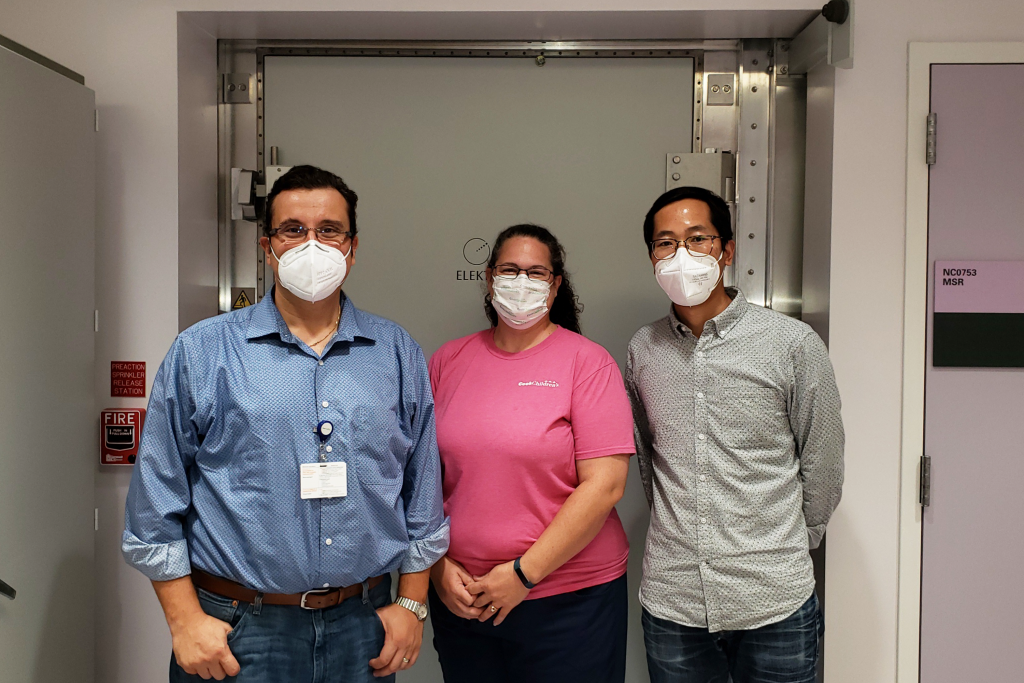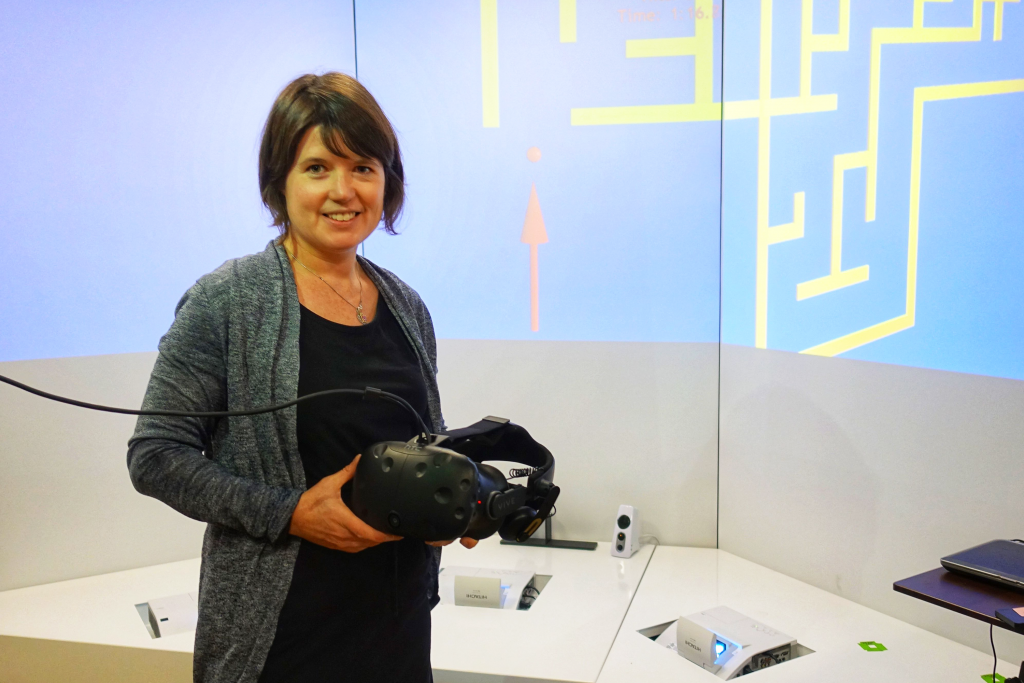C-PROGRESS Announces First Pilot Studies Grant Recipients
Oct. 7, 2020
The National Pediatric Rehabilitation Resource Center (C-PROGRESS) prioritizes innovative pilot studies and critical methodological advancements that will generate data to support larger-scale, competitive, and rigorous clinical trials. C-PROGRESS has announced its first three pilot studies award recipients.
“These research teams represent the very best in pediatric rehabilitation research, and we are thrilled to fund their innovative and potentially transformational projects,” said Amy Darragh, Ph.D., OTR/L, FAOTA, C-PROGRESS Core Studies Leader.
2020 C-PROGRESS Pilot Studies Award Recipients:

- Principal Investigator: Yanlong Song, Ph.D., Cook Children’s Medical Center; University of Texas at Arlington, Fort Worth TX
- Co-Investigators: Christos Papadelis, Ph.D., Warren Marks, M.D., Stephanie Acord, M.D., and Georgios Alexandrakis, Ph.D.; Cook Children’s Medical Center, University of Texas at Arlington, Fort Worth TX
- Overview: This study examines how the brain network involved in inhibiting upper-limb movement responses differs between children with HCP (hemiplegic CP) versus typically developing children. Investigators will use map brain activity using functional neuroimaging, combined with an HD-EEG, while both groups of children engage in an upper extremity response inhibition task, such as reaching for a moving target. This project could impact pediatric clinical practice by providing an increased understanding of the brain’s functional network in children with HCP and assist with designing a targeted brain stimulation intervention for these children. Read Full Abstract

Immersive Virtual Reality for Eye-Hand Coordination Assessment in Children with Hemiplegia
- Principal Investigator: Danielle Levac, PT, Ph.D., Northeastern University, Boston, MA
- Co-Investigator: Alexa K. Craig, M.D., M.S., Tufts University School of Medicine
- Overview: This study will investigate the use of a low-cost immersive virtual reality (VR) headset and tracker in evaluating eye-hand coordination in children with hemiplegia. Investigators plan to develop and design various eye-hand coordination tasks using computer-based and VR conditions. Researchers will compare how the children’s performance of eye-hand coordination tasks differs between pencil and paper, computer-based and VR assessments and if this type of tool can be safely used by children with varying abilities and ages. Results from this study may provide a novel method for clinicians to assess eye-hand coordination within more realistic task conditions for children with hemiplegia. Read Full Abstract

- Principal Investigator: Heather A. Feldner, PT, Ph.D., PCS, University of Washington, Seattle, WA
- Co-Investigators: Lisa Kenyon, PT, DPT, Ph.D., PCS, Grand Valley State University; Sam Logan, Ph.D., Oregon State University
- Overview: This study will investigate the device use patterns, caregiver perceptions, and developmental outcomes of children with cerebral palsy and their families. This pilot study represents the first opportunity to compare the novel device with a modified ride-on car. Taken together, research comparing these devices in natural environments can add critical data to the evidence base supporting early powered mobility for children with cerebral palsy as a multimodal mobility approach to care across the lifespan. Read Full Abstract

